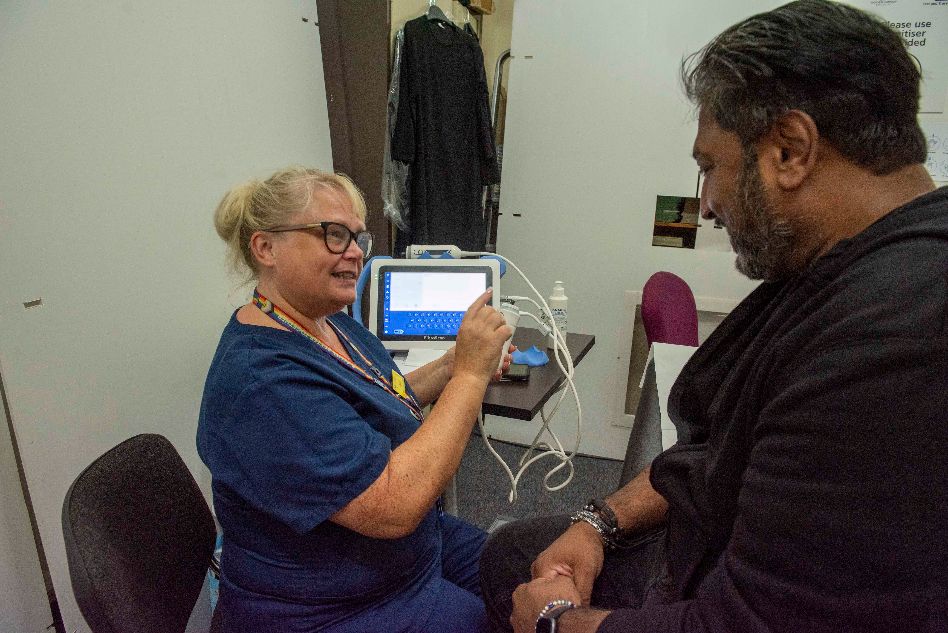New research has revealed that in the past year 32% of smokers in the West Midlands used an e-cigarette in an attempt to quit smoking. The Smoking Toolkit Study from University College London has also revealed that in 2015 the number of smokers in England who used an e-cigarette in an attempt to quit smoking has reached more than 1 million.
E-cigarettes have overtaken licensed nicotine replacement therapies such as NRT, gum or skin patches as the most popular form of support to stop smoking, and they continue to increase in popularity.
A recent poll of smokers and vapers in the West Midlands for No Smoking Day showed that 45% of all e-cigarette users have now given up smoking completely. The poll also highlighted:
· 61% of e-cigarette users say they are using them as a quit aid to stop smoking tobacco
· 64% of all e-cigarette users would like more research to be done into the potential risks of using e-cigarettes.
· 58% of all smokers polled said they are confused about the health messages they get around e-cigarettes.
Data from the last 3 months of 2015 showed that almost a third (32.8% / 2.6 million) of the 8 million smokers in England tried to quit smoking last year. Nearly two-fifths (39.5% / 1 million) of these smokers used an e-cigarette in at least one of their quit attempts compared to just over a quarter (26.4% or 686,000) who used a licensed nicotine product in their quit attempt.
Professor Robert West, Professor of Health Psychology at UCL and lead researcher, said: “E-cigarettes have overtaken more traditional methods as the most widely used support for smokers wanting to quit. Their impact on public health at present comes from attracting people who would otherwise have tried to stop without any useful form of support. We estimate that e-cigarettes have probably helped around 20,000 smokers to quit.
“We can do much better in encouraging more smokers in the West Midlands to try to stop and ensure that they are well informed about the best ways of succeeding. The strongest evidence is for use of a prescription medicine plus specialist behavioural support but e-cigarettes can be helpful for smokers who do not want to use professional support.”
Mike Knapton, Associate Medical Director at BHF, said: “Although vaping is much less harmful than smoking cigarettes, there is no doubt that more research is needed into the potential long term effects of the use of e-cigarettes. This unique study shines a light on just how popular vaping has become as an aid for smokers in the West Midlands trying to quit and we need to listen to what is helping people the most on their path to a smoke free life.
“We already know that nearly one in five adults in the UK smokes, and it is essential that they are supported and informed on their journey to quitting for good. We’re asking smokers in the West Midlands to use Wednesday 9 March to take the first step towards a smoke-free life and join more than 600,000 others who will also be making a quit attempt on the day.”
















